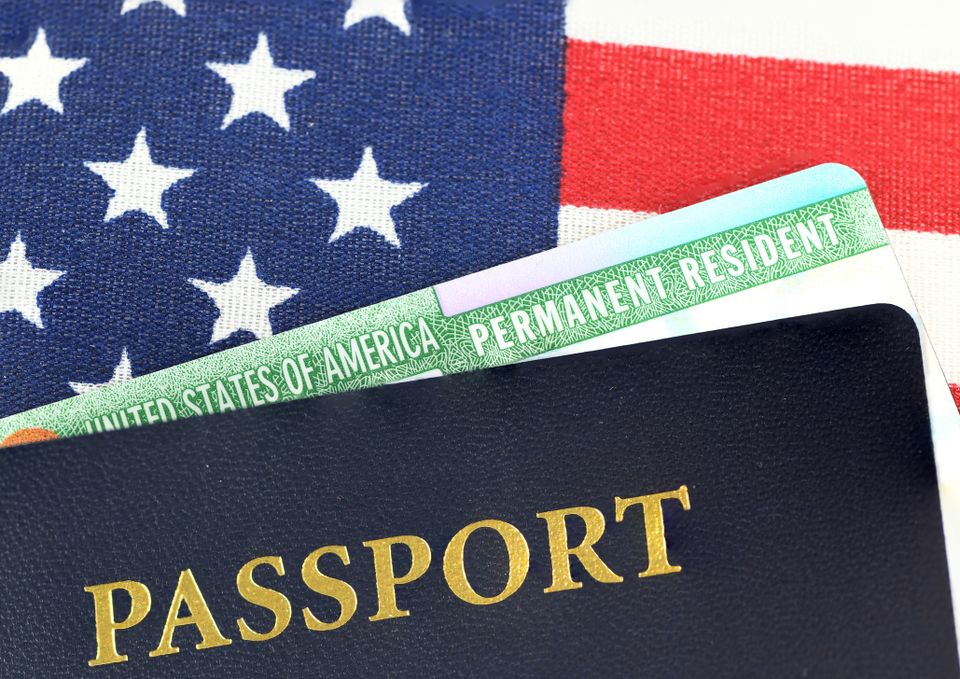
Navigating International Waters: Cozumel, Mexico
Required Citizenship Documentation for U.S. Citizens (Closed-Loop Cruise)
As this is a "closed-loop" cruise (departing from and returning to Galveston), U.S. citizens have several acceptable travel document options.Preferred & Highly Recommended: A valid U.S. Passport Book, with at least six months of validity beyond the cruise's end date. This provides the smoothest experience and a critical safety net for emergency air travel.
Acceptable Alternatives (for U.S. citizens aged 16+):
- A U.S. Passport Card; A trusted traveler card (NEXUS, SENTRI, or FAST)
- An original or certified copy of a U.S. Birth Certificate combined with an original, valid, unexpired, government-issued photo ID (e.g., driver's license).
- Note: Baptismal papers, hospital birth certificates, Puerto Rican birth certificates issued before July 1, 2010, voter registration cards, or Social Security cards are NOT acceptable.
- A valid Enhanced Driver's License (EDL).
- An Original Certificate of Naturalization paired with a valid, unexpired, U.S. government-issued photo ID (copies not accepted).
- For U.S. Citizen Children under 16: A Government Issued Birth Certificate or Consular Report of Birth Abroad.
It is each guest's sole responsibility to have all required travel documents. Guests without proper documentation will be denied boarding.
U.S. State Department Travel Advisories for Mexico (Cozumel)
While Cozumel is generally considered a safer tourist destination within Mexico, it is located in Quintana Roo state, and broader advisories for Mexico should be considered.- "Do Not Travel" Advisories: Issued for several Mexican states due to high risks of crime and kidnapping (Colima, Guerrero, Michoacan, Sinaloa, Tamaulipas, and Zacatecas).
- "Reconsider Travel" or "Exercise Increased Caution" Advisories: For other states due to crime and/or kidnapping (Baja California, Chiapas, Chihuahua, Guanajuato, Jalisco, Morelos, Sonora, and Veracruz).
- General Crime in Mexico: Violent crime (homicide, kidnapping, carjacking, robbery) is widespread. Petty crime (pickpocketing, bag snatching, ATM robbery) is frequent in tourist and non-tourist areas.
- U.S. Government Assistance: The U.S. government's ability to provide emergency services in many areas of Mexico is limited.
Recommendations for travel to Mexico, including Cozumel:
- Inform companions and family of your travel plans; share GPS location if separating.
- Exercise increased caution in local bars, nightclubs, and casinos.
- Avoid displaying signs of wealth (e.g., expensive jewelry).
- Be vigilant at banks or ATMs; use them in secure areas during daylight hours.
- Enroll in the Smart Traveler Enrollment Program (STEP) to receive alerts and assist the U.S. Embassy in emergencies.
- Follow the U.S. Department of State and U.S. Embassy in Mexico on social media for updates.
- Prepare a contingency plan for emergencies.
Health & Safety Considerations for Cozumel
- Petty Crimes & Scams: Be wary of pickpocketing, bag snatching, overcharging, aggressive timeshare sales pitches, and fake tour guides.
- Tip: Keep your initial menu or take a picture of it to prevent menu-switching scams in restaurants. Avoid ordering from menus without displayed prices.
- New Mexican Port Fee: As of January 1, 2026, an additional fee of approximately $42 per person has been added, bringing the total per person fee to around $50. Budget for this incurred cost.
- Illegal Drugs: Avoid any involvement with illegal drugs.
- Hurricane Season: The cruise is scheduled for October 2026, which is within the Atlantic hurricane season (June-November), with most storms developing between July and October. Hurricanes can cause itinerary changes, delays, and infrastructure damage.
- Recommendation: Consider purchasing travel insurance that covers weather-related disruptions. Allow ample buffer time for post-cruise flights.
- Water Safety: Tap water in Mexico is generally unsafe to drink; stick to bottled water.
- Insect-Borne Diseases: Risks include malaria, Zika virus, dengue fever, chikungunya, Chagas disease, and leishmaniasis. Ensure accommodation is insect-proof and use insect repellent. Pregnant individuals should consult their doctor about Zika virus.
Cozumel: Currency, Customs, and Local Etiquette
- Currency: The official currency is the Mexican Peso. U.S. Dollars and major credit cards are widely accepted, but using Mexican Pesos generally provides better exchange rates and supports the local economy. Carry some Mexican Pesos for convenience.
- Visitor's Permit: All travelers to Mexico must obtain a free visitor's permit (FMM - "Forma Migratoria Multiple") upon arrival.
- Greetings: A friendly "Buenos días" (good morning) or "Buenas tardes" (good afternoon/evening) is polite.
- Dress Code: While beachwear is acceptable in tourist areas, dress modestly (covering shoulders and knees) when visiting churches, archaeological sites, or traditional neighborhoods.
- Public Displays of Affection: May be considered inappropriate in some areas; avoid them.
- Mayan Sites: Follow guidelines from local guides, avoid touching or climbing structures, and respect their spiritual significance.
- LGBTQ+ Travelers: While same-sex relationships are legal in Mexico, discretion in public displays of affection may be advisable in some areas.
